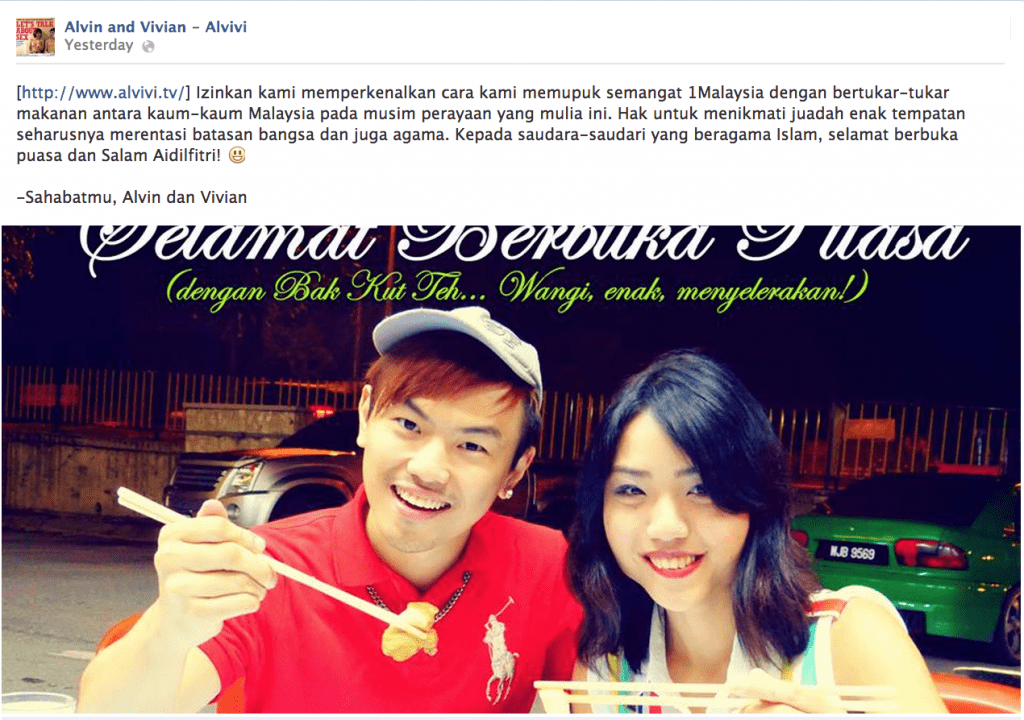DILAPORKAN sesiapa sahaja yang memburukkan kerajaan boleh dihalang daripada meninggalkan negara ini selama tiga tahun. Ini menurut suatu laporan yang memetik Ketua Pengarah Imigresen bahawa terdapatnya peruntukan tersebut, sambil menegaskan bahawa memiliki pasport Malaysia adalah satu keistimewaan dan bukan satu hak.
Kerajaan, katanya, mempunyai budi bicara untuk mengeluar, menangguh atau membatalkan pasport seseorang.
Perkara ini juga disahkan oleh Timbalan Menteri Dalam Negeri, yang dilaporkan telah mengatakan bahawa perkara itu bawah kuasa pengarah Jabatan Imigresen memandangkan kebenaran seseorang untuk ke luar negara merupakan satu keistimewaan dan bukannya hak.
“Kuasa untuk membenarkan orang keluar masuk dalam negara bawah pengarah imigresen dan dia juga yang keluarkan pasport. Ia keistimewaan dan bukan hak.”
Timbalan Menteri tersebut juga dilaporkan berkata bahawa seseorang yang ingin ke luar negara seharusnya memeriksa dengan Jabatan Imigresen terlebih dahulu untuk mengetahui status mereka. Menurutnya, kerajaan tidak punya obligasi untuk memaklumkan kepada seseorang tentang apa-apa halangan ke luar negara dan juga sebab-sebab mereka dihalang.
“Senarai (dilarang) memang ada. Jadi kalau isu macam (pengerusi Bersih) Maria Chin, dia patut periksa dengan Jabatan Imigresen sama ada masih dibenarkan ke luar negara atau tidak. Jangan buat tindakan melulu yang terus kata tak boleh keluar,” katanya merujuk kepada halangan ke atas pengerusi Bersih, Maria Chin, baru-baru ini.
Maria Chin adalah antara pengkritik kerajaan yang vokal yang telah dilarang ke luar negara.
Hak untuk ke luar negara adalah suatu hak yang dijamin Perlembagaan Persekutuan, iaitu terangkum dalam Perkara 5, hak untuk hidup dan kebebasan diri. Ini telah disahkan oleh Mahkamah Persekutuan dalam suatu kes yang telah diputuskan sebelum ini.
Untuk menyekat seseorang rakyat Malaysia daripada mengamalkan haknya di bawah Perkara 5, ia perlu menurut suatu undang-undang bertulis yang khusus.
Ada undang-undang yang memberi kuasa kepada kerajaan untuk menyekat orang ke luar negara. Contohnya, di bawah undang-undang, kerajaan boleh menyekat seseorang yang tidak membayar semula pinjaman PTPTN. Ini diperuntukkan secara khusus dalam undang-undang.
Namun demikian kerajaan tidak ada suatu kuasa am yang diperuntukkan bawah undang-undang untuk menyekat seseorang itu keluar negara mengikut suka hati mereka.
Apa-apa sekatan harus dibuat mengikut undang-undang dan bukannya dengan cara ‘tepuk dada, tanya selera’, mengikut suka hati kerajaan.
Persoalannya, mengikut undang-undang apa Jabatan Imigresen menghalang seseorang itu keluar negara kerana ‘memburukkan kerajaan’? Tidak dinyatakan pula oleh sesiapa daripada pihak kerajaan.
Apa-apa sekatan yang dibuat tanpa berlandaskan undang-undang adalah salah di sisi undang-undang dan tidak mengikut Perlembagaan.
Sebenarnya, tidak ada undang-undang yang membolehkan ketua pengarah Imigresen untuk menghalang perjalanan seseorang warganegara dengan pasport yang sah.
Menghalang seseorang daripada ke luar negara apabila ia tidak terbukti di mahkamah bahawa mereka telah melakukan apa-apa kesalahan, adalah bertentangan dengan prinsip-prinsip keadilan asasi.
Di samping, itu walaupun tidak ada peruntukan khusus yang menyatakan bahawa kerajaan perlu memaklumkan kepada seseorang itu sebab-sebab mengapa mereka dihalang, adalah tidak adil sekiranya kerajaan tidak berbuat demikian.
Ini kerana, jika orang tersebut ingin mencabar halangan tersebut di mahkamah, orang itu perlu tahu secara spesifik mengapa dia ditahan.
Jadi, kenyataan-kenyataan daripada pihak kerajaan tentang menghalang rakyat Malaysia ke luar negara adalah tidak tepat menurut undang-undang.
Sekiranya ada sesiapa yang dihalang ke luar negara dan ia tidak mengikut undang-undang, maka halangan tersebut wajar dicabar di mahkamah.








![UDHR_Photo_for_HR_Day_(1)[1]](http://hakam.org.my/wp/wp-content/uploads/2015/05/UDHR_Photo_for_HR_Day_11.jpg)







